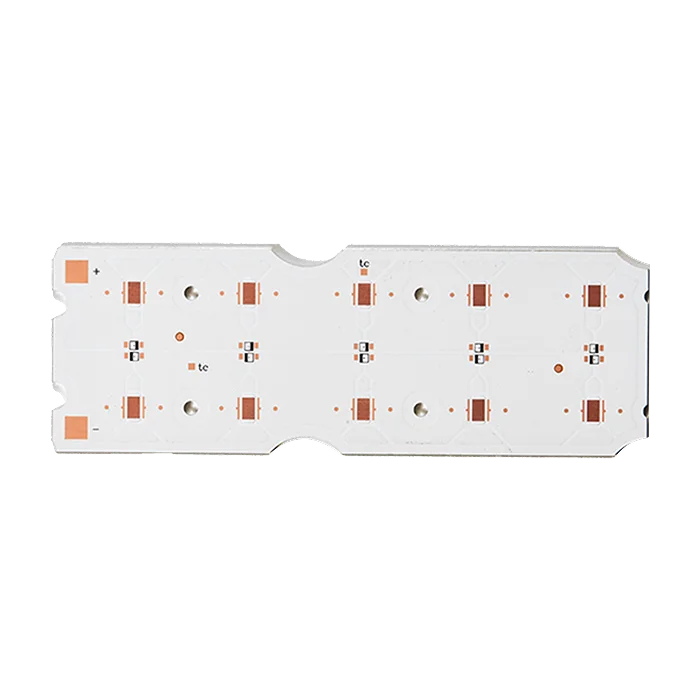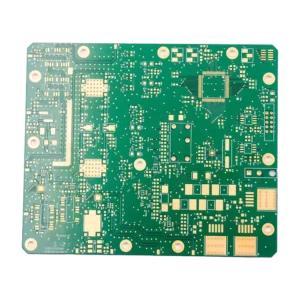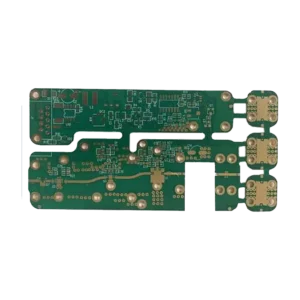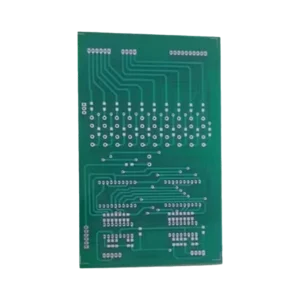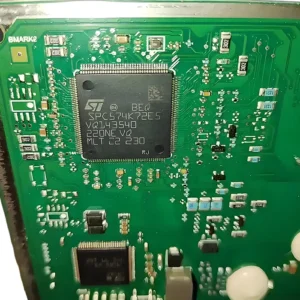Long aluminum PCB for LED lighting with ENIG finish
$20.60
Aluminum PCBs employ aluminum as the substrate, which has excellent thermal conductivity and durability. Long aluminum PCBs are often used in high-power LED and linear lighting applications because of their long structure and resistance to warping. LEDs generate significant heat, which is efficiently dissipated by the aluminum substrate. The surface is treated with ENIG, which is flat and smooth, offering good oxidation resistance and weldability.
Shipping fee and delivery date to be negotiated. Send inquiry for more details.
Your payment information is processed securely. We do not store credit card details nor have access to your credit card information.
Claim a refund if your order is missing or arrives with product issues, our support team would deal with your refund within 24 hours.
| Layer Counts | 2L |
| Base Material | Aluminum |
| Board Thickness(mm) | 1.6 |
| Max board size(mm) | 570*1200 |
| PCB size tolerance | ±0.3mm |
| Min. Hole Size | 0.3mm |
| Min. Line Width | 6mil |
| Copper Weight | 2oz |
| Surface Finish | ENIG |
| Certificate | UL, RoHS, ISO, and REACH |
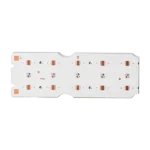 Long aluminum PCB for LED lighting with ENIG finish
Long aluminum PCB for LED lighting with ENIG finish
| 5 star | 0% | |
| 4 star | 0% | |
| 3 star | 0% | |
| 2 star | 0% | |
| 1 star | 0% |
Sorry, no reviews match your current selections
Questions & Answers
1.What is your lead time?
Prototyping is usually finished within 1 to 3 days. Mass production takes 7 to 15 days, subject to the design’s complexity and the order quantity.
2.What copper thickness do you typically offer?
Our standard copper thickness ranges from 0.5 OZ to 5 OZ. Custom thicknesses are also available upon request.
3.What are your minimum and maximum PCB sizes?
We are capable of fabricating PCBs as small as 10*10 mm and as large as 570 *1200 mm.
4.Which surface finishes are suitable for long aluminum PCBs?
There are many surface finishes suitable for long aluminum circuit boards, including HASL, OSP, ENIG, etc. Some finishes may not be compatible with aluminum PCB. Please contact MOKOPCB for professional advice.
5.How do you determine the right thickness for an aluminum substrate?
The thickness is determined by a number of factors, including mechanical strength, budget, and heat dissipation performance.

